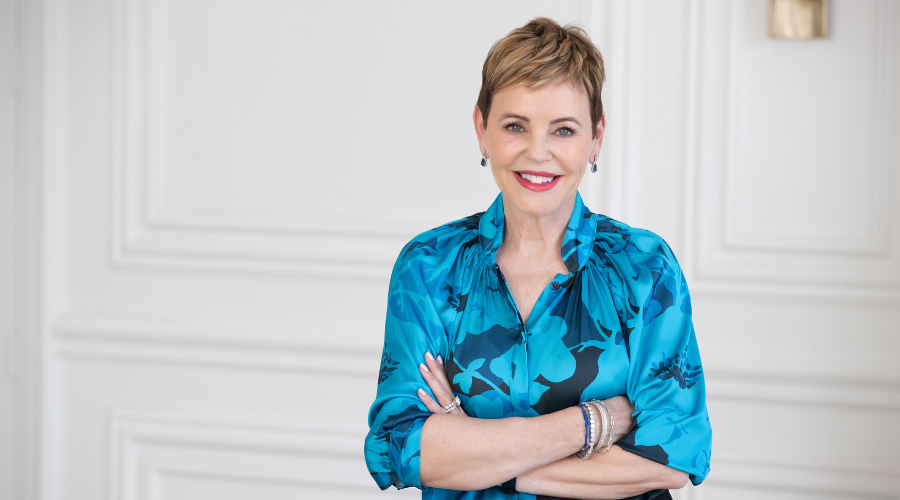If you’re like me, you can’t get the remarkable data from The Men of the Harvard Grant Study out of your head. I wrote about the 75-year ongoing study, one of the longest investigations of adult development in the world, in my previous blog “How to Stay Happy and Healthy in Retirement.” Since then, I keep thinking about how many of us spend so much time and effort searching for the important things in life in all the wrong places.
Let’s consider that the first subjects of the Grant Study were 64 carefully chosen sophomores from the all-male Harvard classes of 1939, 1940 and 1941 who took part in an intensive battery of tests and interviews. That first group was joined by sophomores from the next three Harvard classes, resulting in a final cohort of 268 men, according to George Valliant who came to the study as a young man of 32. When he published this book about the Grant study in 2012, Valliant was 78, the principal investigator, and the men in the study were in their nineties.
In the introduction to his book, Valliant says, “the Grant Study had no overarching design. In 1938, there weren’t enough prospective data on adult development even to build solid hypotheses. Like Darwin’s passage on the Beagle, the Grant Study was not a clearly focused experiment but a voyage of discovery. The findings I report in this book are largely serendipitous.” To sum the findings up, he adds: “The only thing that really matters in life are your relations to other people.”
Like the study, I must admit that most of the major events in my life happened serendipitously– by chance– and when I wasn’t searching or working hard to attain a goal. When I think back to the turning points in my life, I can name two, which could not have been predicted, or possibly even imagined before they happened.
First
When I was eighteen, my boyfriend stood me up for a date. I was still living at home with my parents, attending the University of Windsor. I was generally curious about the world outside the protected boundaries of my childhood and adolescence. The day before the date, I’d noticed a poster about a Saturday afternoon meeting on campus focusing on “the de-Canadianization of the Canadian university.” Growing up across the river from Detroit, it seemed to me that the Americans overshadowed Canucks and that we ought to be able to study vastly more Canadian history and literature than was offered at the University of Windsor.
Angry with my boyfriend, I attended the meeting in defiance of him. There I met three graduate students who were the organizers. Afterward we went out for coffee. A year later, I was co-habiting with one of the organizers in Ottawa in a tiny apartment along the Rideau Canal. I became deeply involved in Canadian politics, and enrolled in Canadian studies courses at Carleton, the heart of the Canadianization movement. That chance meeting on a Saturday afternoon changed my life forever and although I don’t remain in touch with the three fellows who were generous enough to have time for a naïve hometown girl, they got me in the habit of thinking critically, thinking outside-the-box and heading out on my own into the world of academia and writing. I don’t believe I would be writing this blog if I hadn’t attended that meeting fifty years ago.
Second
On a rainy spring night in Kingston, my partner and I were driving along old Highway 2 to see a movie. A drunken man in a Chrysler New Yorker made a left turn on a red light and plowed into our Toyota Corolla. His car was big and heavy. Ours was small and light. My right arm was broken so badly that I wore a cast for nine months after which I underwent a complicated surgery. The arm was repaired, but by that time I’d dropped out of my doctoral program in English at Queen’s University. I wanted to forget all about the accident, so I moved to Toronto to work in book publishing. Instead of a life in academia, probably outside the GTA, I became a Toronto publisher and a journalist, a media person rather than a secure university professor.
These two events did change my life and until reading the Grant Study, I believed they determined the person who I am today because I’d made decisions to change paths.
Now I think differently. Yes, the two events did alter the trajectory of my life, but who I am today has more to do with relationships than with solitary events or choices, even cataclysmic ones like a car accident. Looking back, it’s been all about relationships –and not just with my partners. Friends and family, and the major role they’ve played in my life, have shaped me. The quality of my relationship with my daughter is crucial to who I am as is the happiness I’ve found with my husband of two years. In recent years, both of these relationships have made me a more empathetic and a less judgmental person.
What the Grant study demonstrates, is that being born with physical and mental attributes such as athletic prowess and good childhood temperament do predict happiness and longevity, but only to a point. What is most significant in predicting if a Grant study subject would be flourishing from age 60 to 80 are the following:
- Warm childhood
- Good college experience
- Empathetic coping mechanisms
- Warm adult relationships
The study also showed that people can change. Even those who started out in the study in poor mental and physical shape did change enough to experience a happy retirement. As one study participant remarked, “If you have someone who loves you, you’ve got it made.”
Ultimately, it’s all about love and caring, about cherishing those close to us. That’s what matters most as we grow older.































